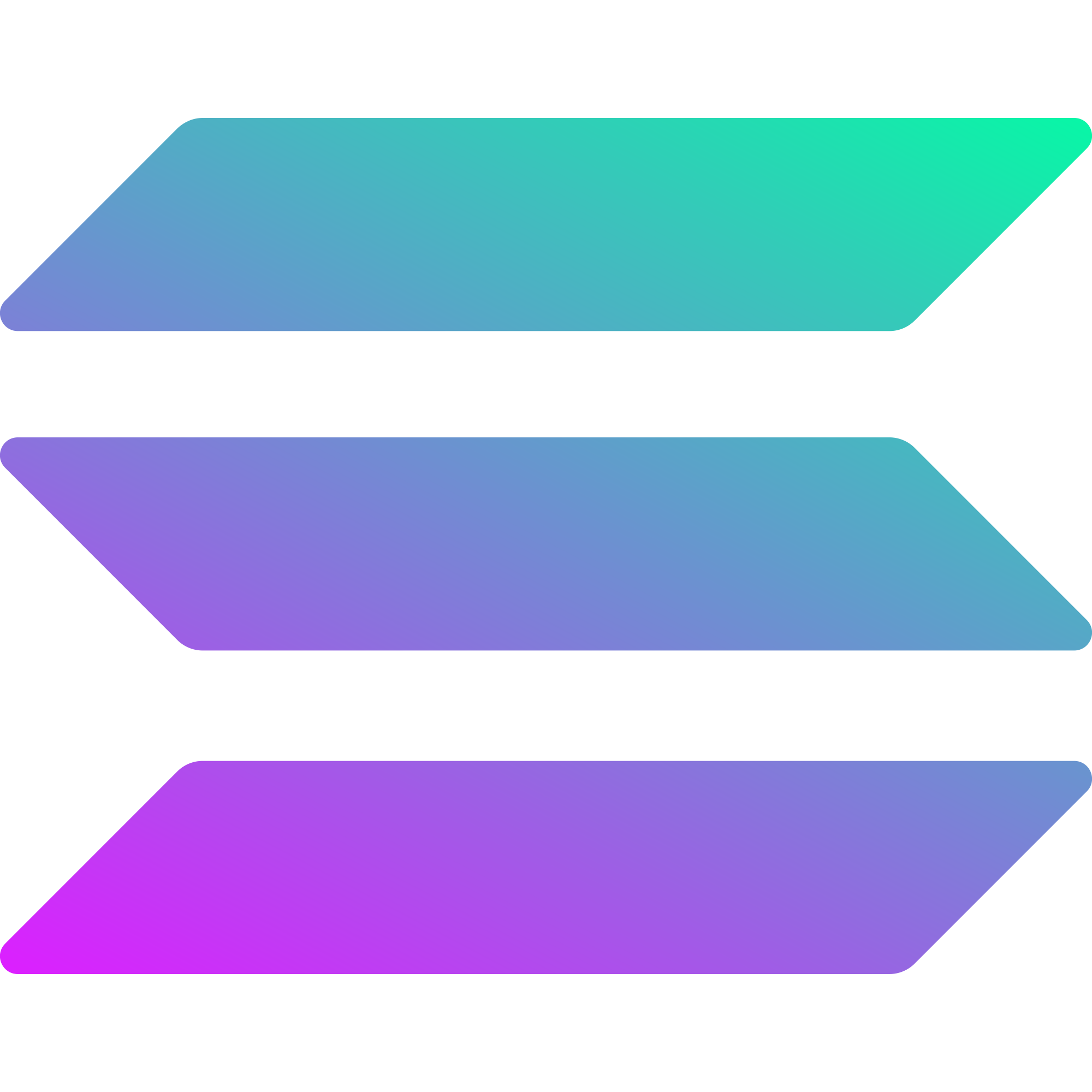
SOL
Solana is an open source project that capitalizes on the decentralized nature of blockchain technology to offer decentralized finance (DeFi) solutions. Although the concept and initial development of the project commenced in 2017, Solana was formally introduced in March 2020 by the Solana Foundation, which is headquartered in Geneva, Switzerland.
Solana introduces a crucial innovation known as proof-of-history (PoH) consensus, developed by Anatoly Yakovenko. This groundbreaking concept enhances the scalability of the protocol, ultimately leading to improved usability.
What sets Solana apart in the world of cryptocurrencies is its remarkably fast processing times. The hybrid protocol implemented by Solana significantly reduces validation times for both transactions and smart contract execution. This exceptional speed has caught the attention of institutional investors, contributing to Solana's growing popularity.
The Solana protocol aims to cater to both individual users and enterprise clients. One of its key advantages is the assurance of no unexpected fees or taxes for customers. By prioritizing low transaction costs without compromising scalability and speed, Solana offers a reliable and cost-efficient solution.
Furthermore, Solana's success can be attributed to the extensive professional expertise brought by creators Anatoly Yakovenko and Greg Fitzgerald. As of September 2021, Solana holds the impressive 7th position in the CoinMarketCap ranking.
Solana has garnered extensive acclaim for its rapidity and efficiency, and has even been hailed as a formidable contender capable of matching Ethereum and posing a challenge to the prevailing smart contract platform. Nevertheless, the network has been plagued by recurrent service disruptions, which have hindered its value and ambitions of becoming the "Visa of crypto." Additionally, its ecosystem has faced allegations of exhibiting biased tokenomics in favor of venture capital investors.



